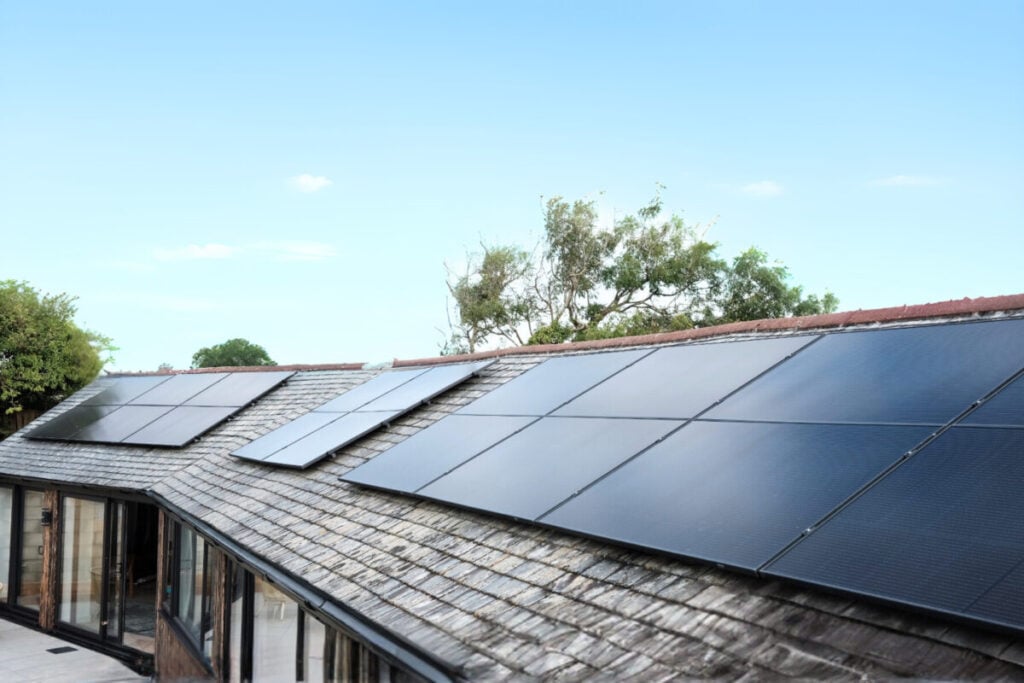
The Microgeneration Certification Scheme (MCS) has reported that January 2025 was a record-setting month, owing partly to an uptick in home battery installations.
Battery storage system installations saw the strongest month in the scheme’s history, with over 2,600 home batteries installed in January 2025. This marks a 176% increase from January 2024, which saw 348 certified installations take place.
The MCS, which certifies renewable energy products and installers, currently has 2,034 certified battery installers registered on its books, almost double the number registered in January of 2024.
Additionally, a total of 15,496 solar installations took place in January 2025, a 16.5% increase from the 13,298 installations completed in January 2024. The MCS currently has 4,066 certified solar contractors registered, 14.7% more than in January 2024.
Between January 2024 and January 2025, 200,010 home solar PV installations were carried out, as well as 22,667 home battery storage systems. The increasing popularity of solar installations can be attributed to falling costs, with the average cost of a home solar installation declining from an average of £9,238 in January to £7,561 in December and the year’s average sitting at £8,198. Battery storage has grown in popularity – home battery installations in 2024 numbered over quadruple the number of installations in 2023.
The future of UK solar
According to research from Solar Media Market Researchs, the UK is expected to add between 3GW and 3.5GW of new solar capacity in 2025. Around 20% of the 2.3GW deployed over 2024 came from residential rooftop installations, with commercial rooftop installations contributing another 20%, increasing 10% year on year. Residential rooftop solar installations have seen a meteoric rise in the past few years, growing 200% between 2022 and 2023.
Gareth Simkins, senior communications adviser for Solar Energy UK, celebrated 2024 as one of the best years ever for the solar industry, particularly praising the extension of permitted development rights to almost all solar installations in Scotland, as well as the Clean Power 2030 Plan’s identifying of the need for a further 9GW of rooftop solar capacity by 2030 to meet decarbonisation targets.
However, Solar Energy Scotland began the year by criticising plans to reform the grid to enable greater uptake of rooftop solar, stating that Scotland will not benefit from the plans, as the set-up of the Scottish grid does not allow for the expanding of transmission infrastructure assessment (TIA) thresholds.

